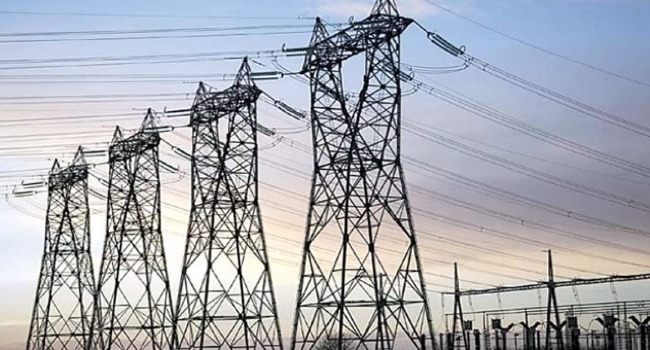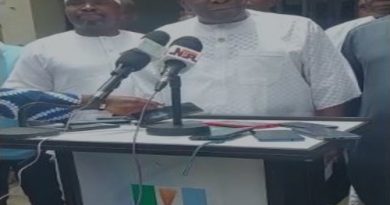Moody says power outages may dent confidence in Tinubu’s reforms; Power Minister to upgrade National Control Centre
A global credit rating agency, Moody’s Investors Service, has said Nigeria’s electricity outages risk undermining growth and confidence in President Bola Tinubu’s reform agenda.
The national grid collapsed last Tuesday for the second time in a week after an initial nationwide outage on September 14.
“The collapses were Nigeria’s first major power outages since mid-2022, but the chronic lack of reliability and inadequacy of the electricity supply because of low generation capacity and poor transmission infrastructure remains a pervasive constraint on growth,” Moody’s said in a new report.
It said should incidences of power outages recur, the acute effect on businesses and households could slow economic growth over the coming months.
The country’s economy grew by 2.5 percent in the first half of this year, down from 3.3 percent full-year growth in 2022.
“Coming soon after President Bola Ahmed Tinubu in August pledged to improve the stability of the power supply, the recurrence of nationwide power outages in combination with the inflationary fallout from the new administration’s fuel subsidy and exchange rate reforms risks denting confidence in the government’s ability to navigate its ambitious reform agenda (notwithstanding the potential sizable credit benefits if successfully implemented and maintained),” Moody’s said.
With tensions already elevated following the contested election results earlier this year and high inflation, the power outages compound the risk of social unrest in Nigeria, it said.
The World Bank estimated Nigeria’s economic losses owing to its unreliable energy supply at 5 percent to 7 percent of GDP annually, according to the report.
“In addition to power outages, accelerating inflation weighs on the economic environment following the removal of fuel subsidies in June. These developments introduce downside risk to our full-year growth forecast of 3.2 percent for 2023,” the rating agency said.
It said given the country’s fast-growing demand for electricity amid economic development and burgeoning population, significant investment in the power infrastructure would be necessary to maintain the status quo, more so to increase capacity to the lofty targets touted by the government in recent weeks.
“Improving reliability and access to electricity will likely be very costly,” Moody’s said. “The World Bank has historically provided significant financing for Nigeria’s power infrastructure development. In June, it approved $750 million in financing to improve the reliability of the country’s power supply.”
Electricity generation in the country stood at 4,008.3 megawatts as of 6am on Sunday, out of an installed capacity of 13,014.14MW, data from the Nigerian Electricity System Operator show. The minister says Government’s target of generating 30,000 megawatt by 2030 is achievable.
Nigeria has one of the weakest levels of per capita electricity provision among rated sovereigns, Moody’s said.
Meanwhile, the minister of Power, Adebayo Adelabu has promised to ensure upgrade of the National Control Centre in Osogbo with modern technology to conform with others across the globe.
The minister who was speaking in Osogbo during his visit to the Control Centre assured of more investments in the Sector while promising stability of the National grid during his time.
It’s his first visit to the national control Centre of the Transmission Company of Nigeria in Osogbo since assumption of office.
Accompanied by the Managing Director of TCN and other top management staff of the company, the minister of power said the visit became imperative due to the importance of the Control Centre which was established about forty years ago to the supply of electricity.
He also speaks on the State of SEIMENS projects which is part of the Presidential power initiative.




